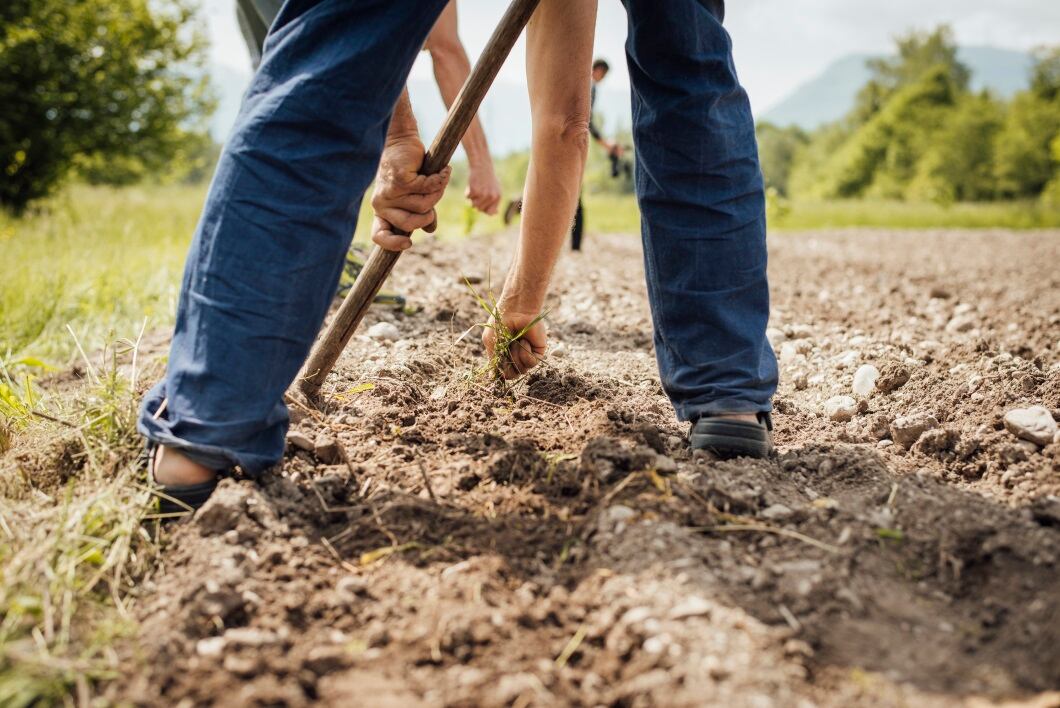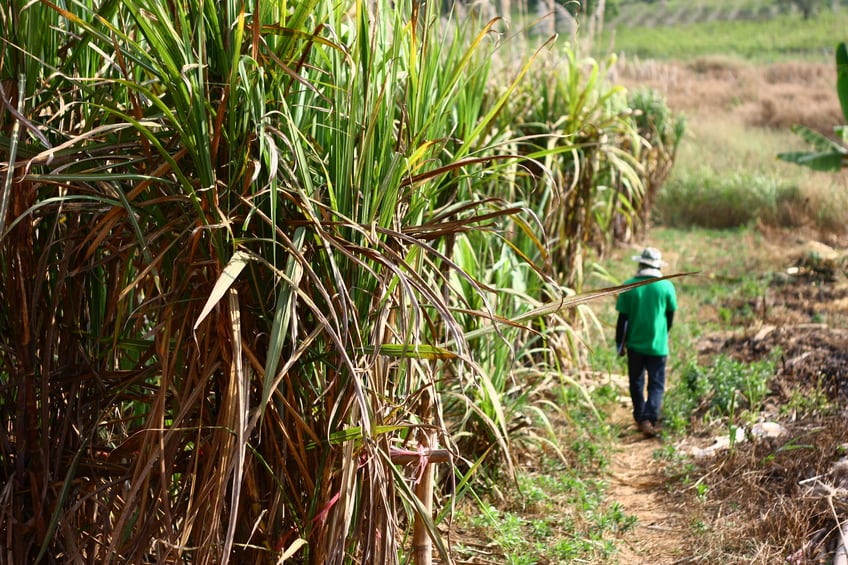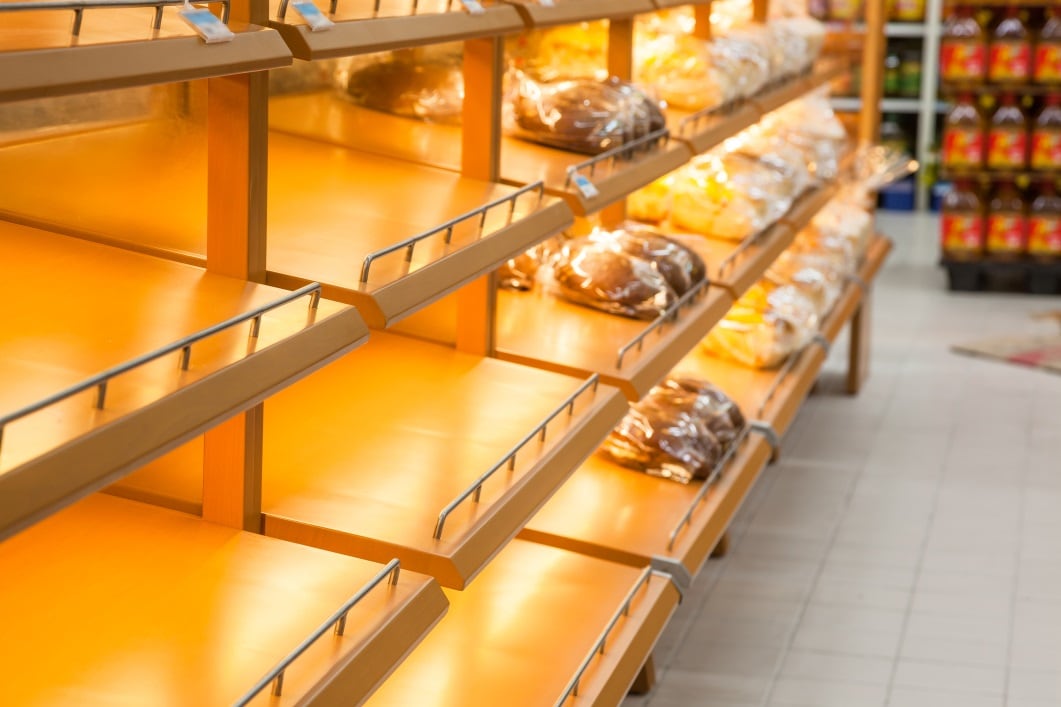As of midday 17 March 2020, France is in lockdown. For at least 15 days, residents across the country must carry a signed travel pass, or attestation, whenever they leave home.
If they fail to produce a travel pass – explaining where they are going and why – upon request, they will be fined €135.
Authorised reasons for travelling outside of the home include: essential work duties; ‘imperative family reasons’; brief, solo outings for exercise; and medical purposes.
Residents are also allowed to leave their home to shop for groceries and other ‘essential items’. Supermarkets, corner stores and bakeries will remain open throughout the lockdown.
Gov’t says no risk of food shortages
The lockdown regulations come as the new coronavirus, or COVID-19, spreads across the globe.
First reported in China’s Hubei province late last year, COVID-19 has since infiltrated Europe and been characterised a pandemic by the World Health Organization (WHO).
As of 19 March 2020, China had 81,174 reported cases and 3242 deaths. Italy had reported 35,713 cases and 2,978 deaths, Spain had 13,716 cases and 598 deaths, and France had 9,043 cases and 244 deaths.
When France entered lockdown on Tuesday this week, the country’s Ministry of Agriculture assured residents there was no risk of food shortages, food stores will remain open and their evening opening hours extended.
Praising the country’s agri-food sector, Minister of Agriculture Didier Guillaume said farmers and employees of cooperatives, SMEs, food industry players and distributors have secured the production and supply of food since the COVID-19 outbreak.
“It is a crucial and strategic issue for our country because health and food have been the two main concerns of our fellow citizens since the start of the crisis.”
It is thanks to this sector’s commitment and sense of responsibility that there is no supply chain disruptions in retail stores, food markets, or halls, he continued.
“Therefore, everyone must be responsible and serene in their act of shopping by shopping every two to three days and continue to diversify their diet with fresh seasonal produce, meat, eggs, seafood, and vegetable proteins.”
ANIA addresses food industry: ‘The French know they can count on you’
French lobby group ANIA (Association Nationale des Industries Alimentaires), which represents its food industry members, has responded to the government’s prioritisation of the food supply chain.
“In the moment of great gravity that the country is going through, the recognition of the crucial and strategic nature of manufacturing and food supply is an honour for the 17,000 agrifood companies and the 1.2m employees in the sector,” said ANIA President Richard Giradot.
“I would like to salute the commitment of employees to fulfill their mission, that of feeding women and men.” – ANIA President Richard Giradot
ANIA’s president also thanked the government for implementing measures that enable consumers to ‘stock up normally’ on healthy, safe and sustainable products.
Addressing ANIA’s members, Giradot said: “The French know they can count on you, on your talents, your skills. Our food industry is strong and resilient. It is one of the best in the world, and that will still be the case tomorrow, thanks to you.”
FNSEA: ‘Agricultural activities are not affected by these activity restrictions'
French agriculture organisation FNSA (Fédération national des syndicats d’exploitants agricoles), which represents 20,000 local agricultural unions and 22 regional federations, also responded to the government’s new lockdown laws.
“After discussion with the Minister of Agriculture, it is confirmed this morning that agricultural activities are not affected by these activity restrictions,” noted FNSEA.
“In this difficult moment for all French people, the supply of agricultural and food products is indeed an absolute priority. The farmers are aware of their responsibility and intend to accomplish their mission while fully respecting the protection framework put in place by the State.”
The organisation confirmed that farmers and their employees will be able to continue their professional activities, which cannot be carried out by teleworking, “provided that the gestures for the transmission of the virus are strictly observed, as well as the administrative formalities necessary for the moment of people”.
The FNSEA is calling on the government to pay particular attention to the agricultural sector in the coming months, when employee numbers will need to increase with the first harvests.
“At a time of border closures, measures to encourage employment and administrative flexibility in agriculture are necessary and urgent.
“In addition, economic difficulties are already being felt by agricultural businesses, particularly in the horticulture and nursery sector, which are non-priority because they are non-food, and will need to benefit from sufficiently sized support without delay.” - FNSEA





